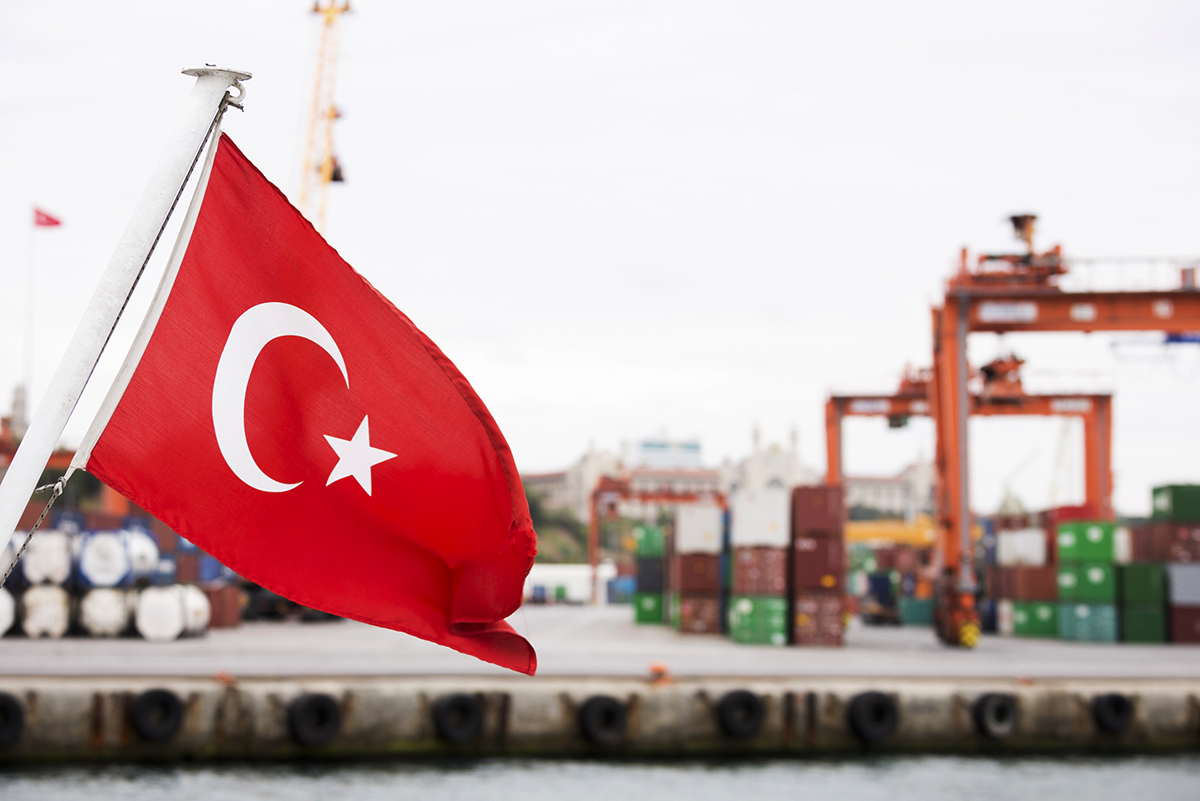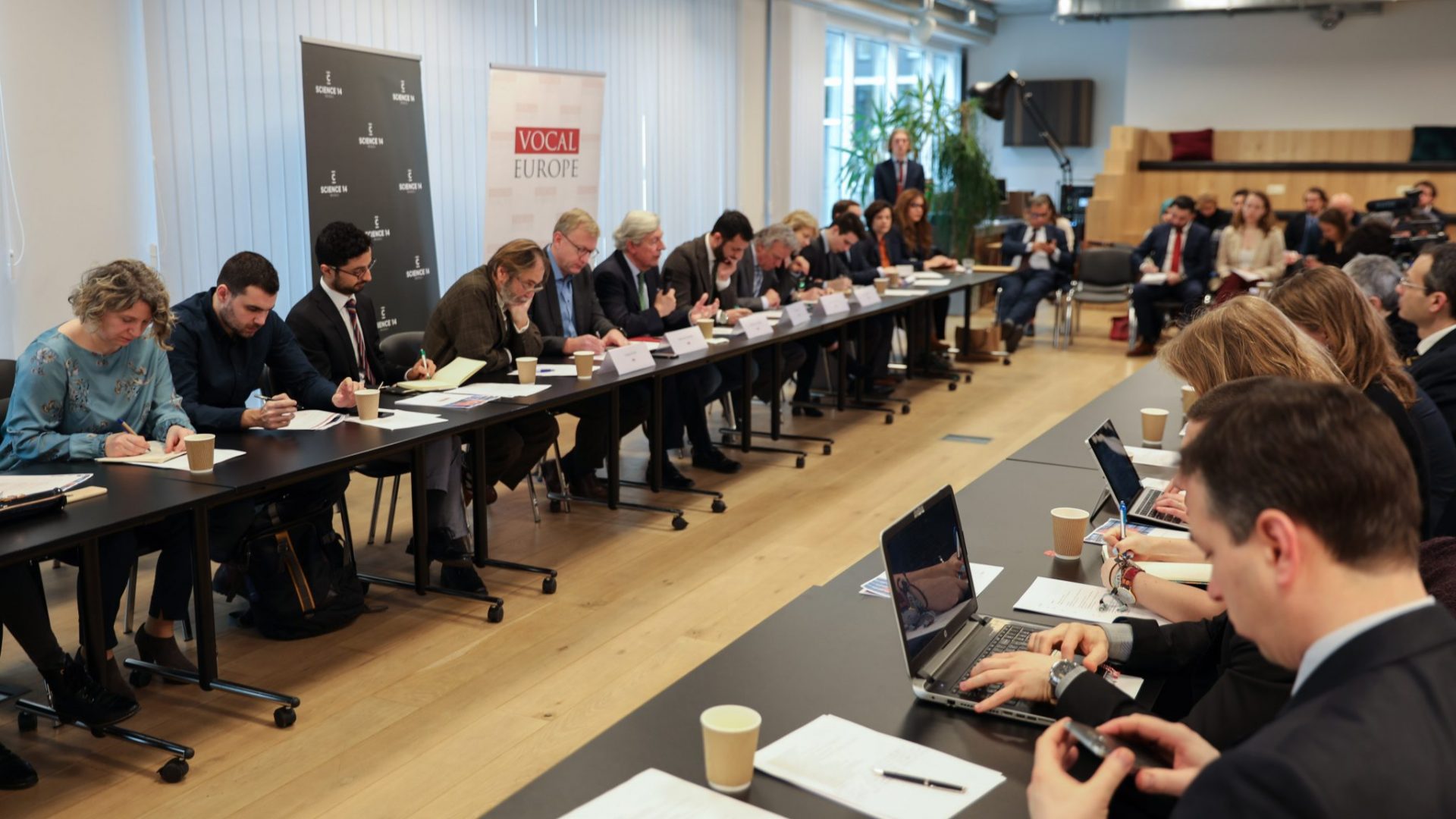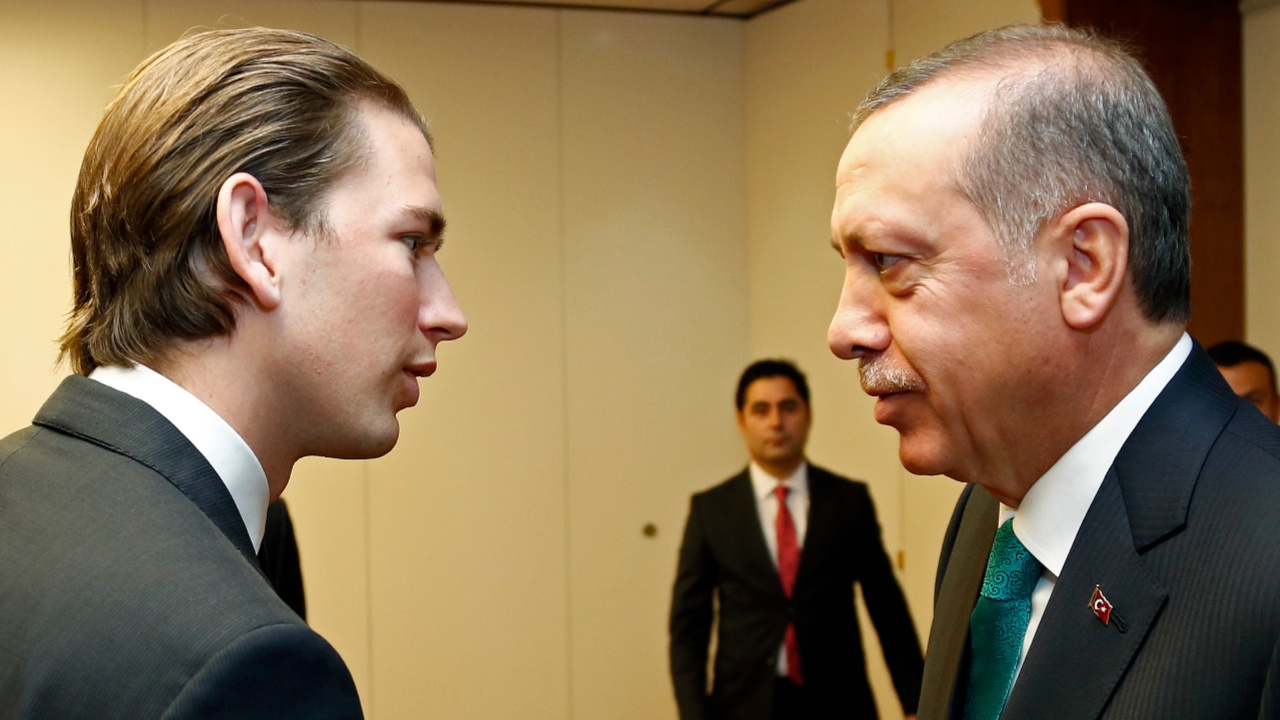
Following the several years of crisis in EU-Turkey relations, in October 2020, European Council stated their willingness to pursue a positive agenda upon Turkey’s constructive efforts to de-escalate the tension in the Mediterranean.[1] The positive agenda’s dynamics are primarily centered on modernizing the Customs Union in exchange for Turkey’s continuing good faith.
The EU-Turkey Customs Union, which was established in 1995 and considered as the backbone of EU-Turkey relations, covers industrial products trade and consequently the majority of trade flows. The Customs Union entails far more integration than a free trade arrangement. It requires Turkey to adhere to the EU’s Common Customs Tariff and rules for third-country imports, as well as to align domestic legislation with the EU acquis on goods, and to adapt EU rules on commercial policy, competition policy, and intellectual property rights.[2]
POLICY BRIEF | How Should the EU Approach the Customs Union with Turkey to Improve Democratic Norms?
For the entire paper
https://t.co/cDCISAm9Cr pic.twitter.com/bL8dcApE9Q
— Vocal Europe (@thevocaleurope) August 13, 2021
Click Here to Read the Entire Policy Brief
__________________________________________________________________
[1] European Council (October 1, 2020). European Council conclusions on external relations, 1 October 2020. Retrieved on April 11, 2021 from European Council https://www.consilium.europa.eu/en/press/press-releases/2020/10/01/european-council-conclusions-on-external-relations-1-october-2020/
[2]https://op.europa.eu/en/publication-detail/-/publication/2133b382-8b21-11eb-b85c-01aa75ed71a1/language-en



